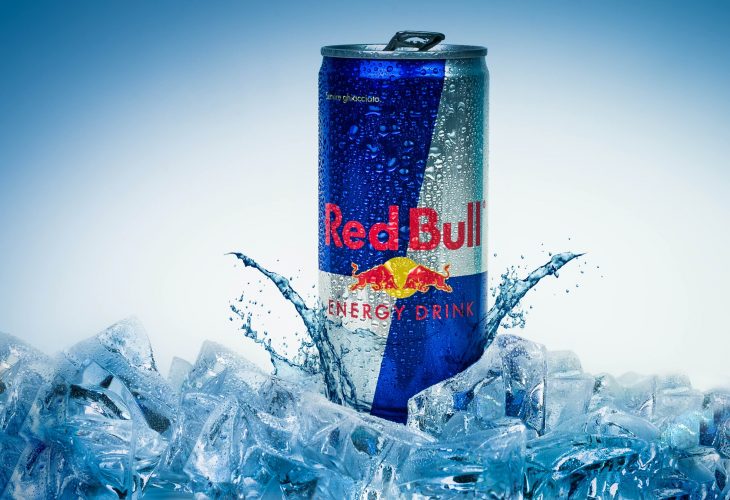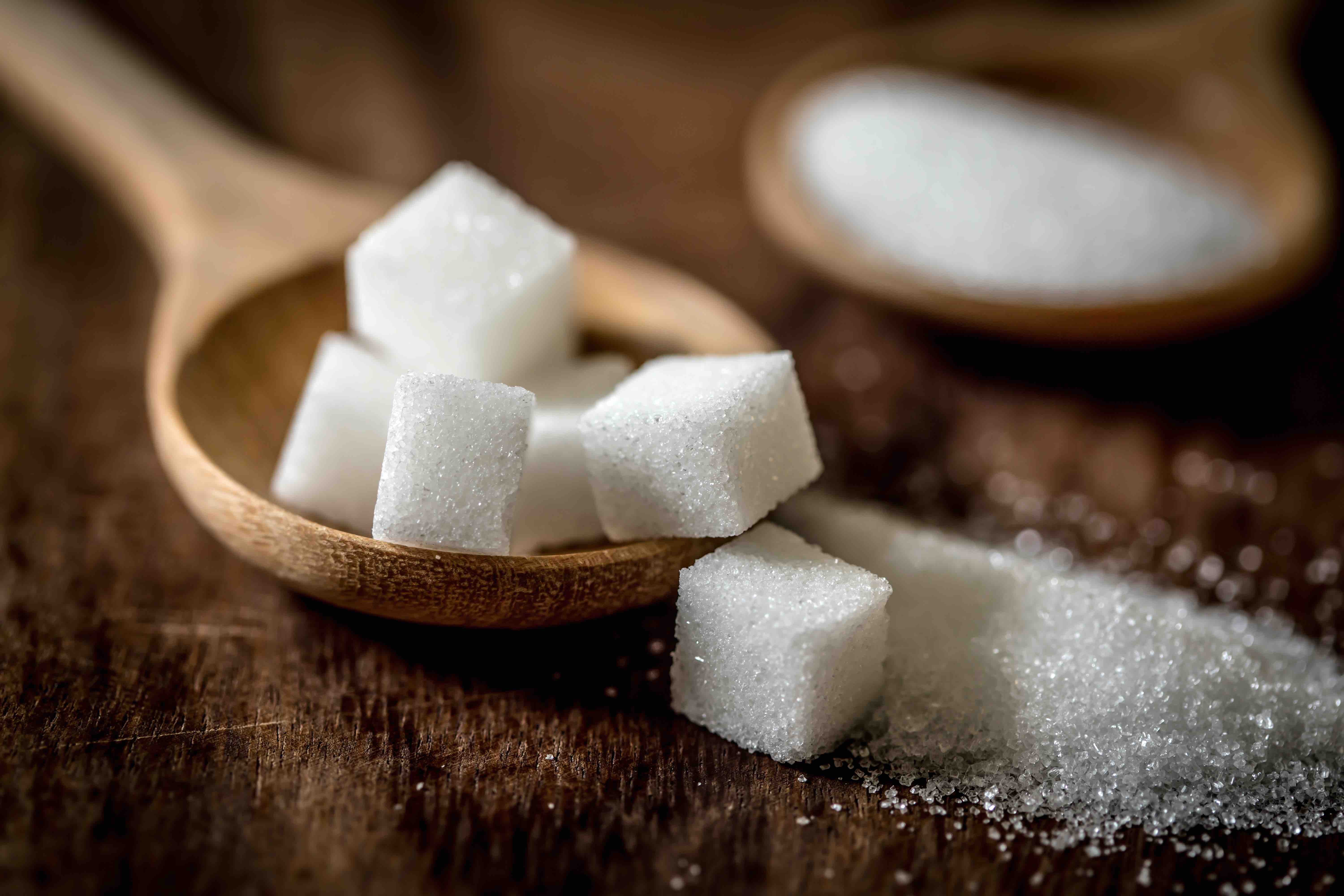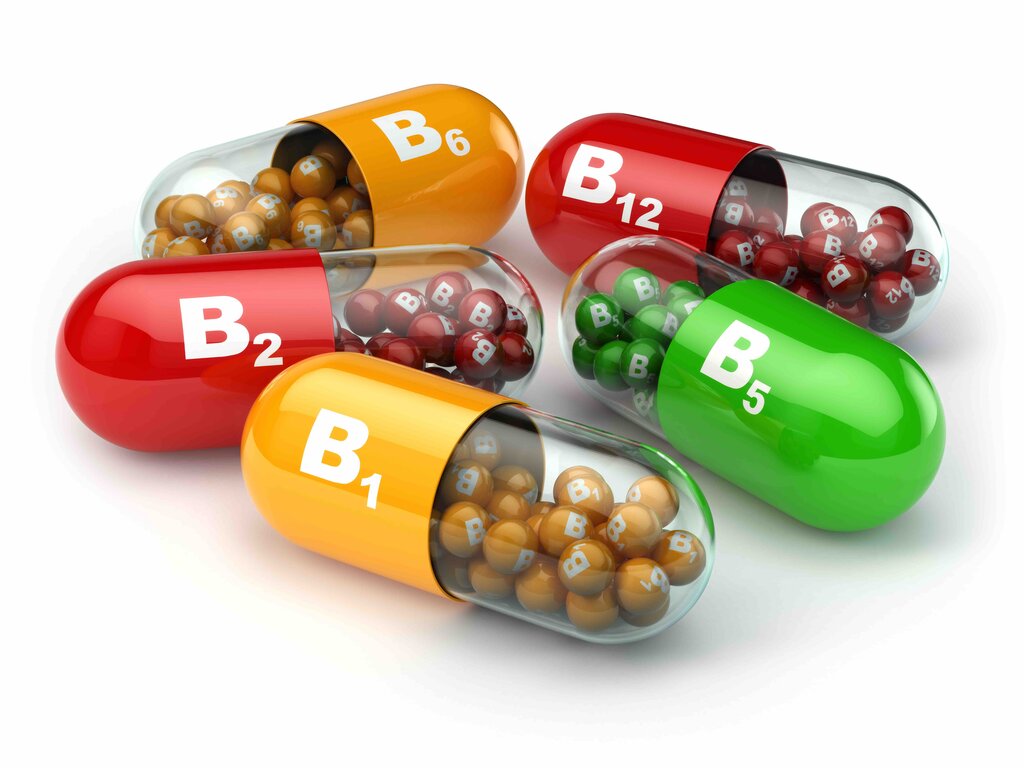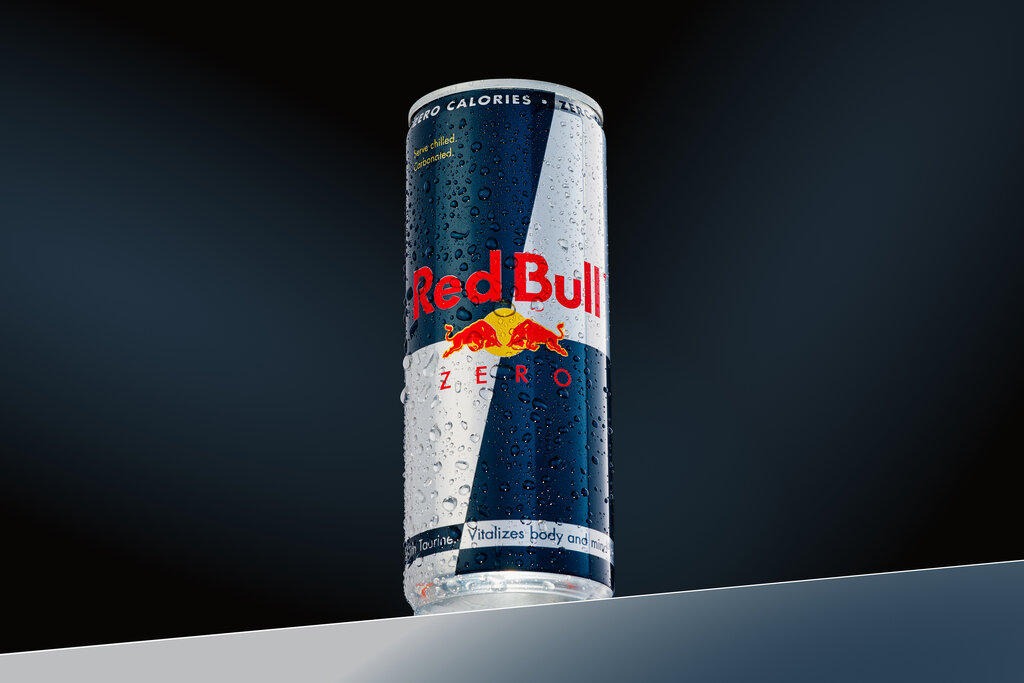
Everyone knows Red Bull. After all, it is a popular energy drink that gives you wings. But how much do you really know about its nutritional content? Before reaching for that next can, it’s essential to understand the nutrition facts behind this popular beverage. Here are 10 Red Bull nutrition facts that you need to know, as well as side effects and potential health problems.
Red Bull contains 80 mg of caffeine.
One of the main nutritional facts about Red Bull is its caffeine content. A single 8.4 oz can of Red Bull contains about 80 mg of caffeine, which is more than a normal cup of coffee that only contains 57 mg of caffeine.
It contains about 7 teaspoons of sugar.
Red Bull’s sugar content is very high. A single 8.4 oz can of Red Bull contains about 27 g of sugar, which is equivalent to about 7 teaspoons of sugar. It may come to you as a surprise but, this is the same amount of sugar level found in an equivalent amount of apple or orange juice.

But, it has relatively low calories: 10-112 kcal.
Compared to other energy drinks like Monster, Red Bull is considered low in calories. The calorie content of Red Bull depends on the size of the can and whether it’s a regular or sugar-free version. A standard 8.4-ounce can of regular Red Bull contains 110 calories, while the sugar-free version has only 10 calories.
Although it is an energy drink, it should not be a meal replacement. You should still eat healthily. Not eating enough calories can cause severe health issues.
It is also low in protein: 1.2 mg.
Red Bull serves to provide energy boosts for performance, not so much for muscle growth. We’d recommend drinking this prior to any exercise.
Red Bull has zero fat content.
Though it is high in carbohydrates, Red Bull has 0 mg of fats. All of its calories come solely from its added sugar.
Red Bull contains a number of B vitamins.
Red Bull contains a variety of B vitamins, including niacin, vitamin B6, and vitamin B12. These vitamins help support the body’s metabolism and can help convert food into energy.

It contains 98 mg of sodium.
Red Bull contains 98 mg of sodium, which can help regulate fluid balance in the body.
It contains small amounts of antioxidants.
Like most types of citrus fruits, Red Bull also contains small amounts of antioxidants, which help protect the body from damage caused by free radicals. Taurine, an amino acid acts as the main antioxidant in this energy drink, which we will discuss more below.
It contains Taurine.
Taurine is an amino acid that is found in Red Bull. According to studies, Taurine helps to improve athletic performance and reduce fatigue. And here’s a quick fun fact: High concentrations of Taurine can be found in our muscles, brain, heart, and blood. The human body contains 70 times more taurine than one 8.4oz can of Red Bull.
Red Bull is Gluten-Free.
For individuals with celiac disease or gluten intolerance, Red Bull is a safe option as it is gluten-free.
Variations of Red Bull

Red Bull Total Zero: No calories, sugar, or carbs
Red Bull Total Zero is an alternative for those looking to avoid calories, sugar, and carbohydrates. It has a similar taste to the original Red Bull but is sweetened with aspartame, acesulfame K, and sucralose.
Flavor variations
Red Bull offers a range of flavored editions for those looking for something different from the original taste. Some popular flavors include:
- Yellow Edition (Tropical Fruits)
- Green Edition (Kiwi Apple)
- Blue Edition (Blueberry)
- Orange Edition (Tangerine)
- Coconut Edition (Coconut Berry)
These flavored editions have similar nutrition profiles to the original Red Bull, with some variations in calorie and sugar content.
Red Bull Organics
For those seeking a more natural alternative, Red Bull offers an Organics line, made with organic ingredients and natural flavors. These beverages are not energy drinks but rather flavored sodas, with no added caffeine or taurine.
Side Effects of Red Bull
Can increase heart rate and blood pressure.
Due to its high caffeine content, Red Bull can increase heart rate and blood pressure. This can be particularly dangerous for individuals with pre-existing heart conditions.
Can cause dehydration.
Red Bull is a diuretic, which means that it can increase urine production and lead to dehydration. It’s important to drink plenty of water when consuming Red Bull to avoid dehydration.
Increase type 2 diabetes risk.
There is currently no scientific evidence to suggest that drinking Red Bull specifically can increase the risk of developing type 2 diabetes. However, consuming excessive amounts of sugary beverages, including energy drinks like Red Bull, can contribute to weight gain and obesity, which are risk factors for developing type 2 diabetes.
Who should avoid drinking Red Bull?
Children, adolescents, and those who are pregnant.
Due to its high caffeine and sugar content, it’s not recommended to consume Red Bull during pregnancy. Likewise, children and adolescents should not consume any kind of energy drinks either. This is because high caffeine content can have negative effects on developing bodies. Plain water and milk are the best for their physical and cognitive development.
Was this page helpful?
Our commitment to delivering trustworthy and engaging content is at the heart of what we do. Each fact on our site is contributed by real users like you, bringing a wealth of diverse insights and information. To ensure the highest standards of accuracy and reliability, our dedicated editors meticulously review each submission. This process guarantees that the facts we share are not only fascinating but also credible. Trust in our commitment to quality and authenticity as you explore and learn with us.
